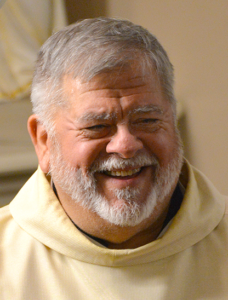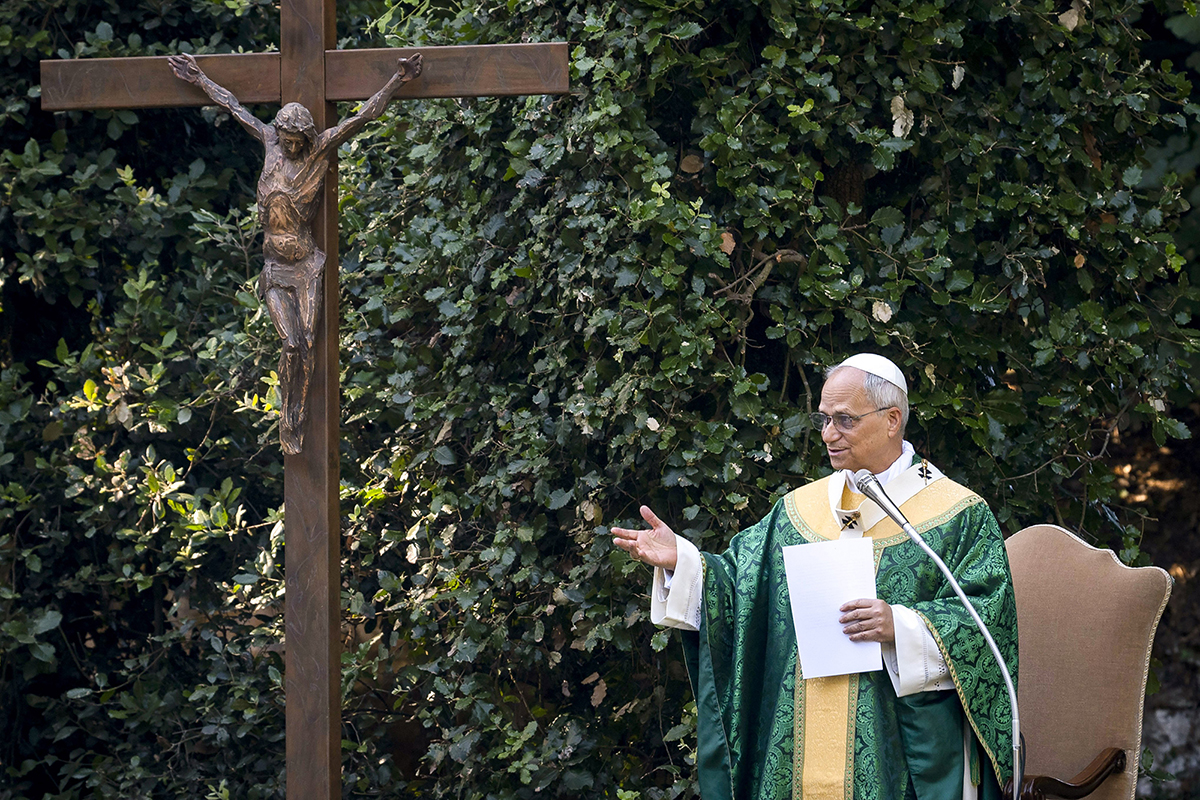SUNDAY SCRIPTURES FOR FEB. 23 | Love our enemies and to do good to those who hate us
Despite the clarity of Jesus’ message, it often seems as if the lesson hasn’t sunk in

Jesus taught us many lessons, but there seems to be one that is central to all the rest: We are to love our enemies and do good to those who hate us. Sometimes it seems as if we haven’t let that lesson sink in, despite Jesus’ clarity. Even though He was given chances to compromise on that teaching, Jesus said no.
The Old Testament reading from the first book of Samuel gives us a good example of what that teaching looks like in action. David found Saul asleep and vulnerable. There was a spear at his head, and David could have easily killed Saul, God’s anointed one. Instead, he took the spear and put it on a mountaintop for everyone to see as a declaration of the choice that he made. Can you imagine how many people were laughing at David that he didn’t take the chance to kill his enemy? Anger, inconvenience and revenge cloud our choices in following the law of Jesus. Even though the teaching is simple, the choice is so difficult.
In the Gospel reading for the seventh Sunday of Ordinary Time, Jesus continues to teach very specific guidelines about living. Again, they are very clear and leave little wiggle room for how we are to live. But again, hatred, past hurts and anger get in the way of clear thinking and acting. Our moral choices can be affected by feelings and memories that have not been healed. We all have had experiences of somebody taking advantage of us, bullying us, making fun of us, even cheating us or harming us. We know enough to remove ourselves from those abusive situations, but we might not know enough about forgiveness, which can then lead to love.
Reading the Scriptures helps us to know the process of moving from abuse, pain and hurt to forgiveness and love. If we watch the choices Jesus made, they certainly reflect loving our enemies and doing good to those who hate us. They also reflect an extreme love for those who have been ostracized by the larger and more powerful community. Jesus’ choice to care for the downtrodden prepares His heart for the abuse, pain and hurt that others would exhibit toward Him. Noticing and valuing the most vulnerable creates a deeper love in our hearts for those who are abusive or hurtful.
By the time Jesus made His way to the Garden of Gethsemane, His mission on earth was clear. He was to be betrayed, arrested, convicted, beaten and killed. Was He willing to accept that mission, or would He avoid it at the last moment? He was able to say yes and freely enter His passion as a way of loving His enemies. He pardoned and forgave all those who brought Him to that moment, even the good religious people who betrayed Him. The teachings of the Scriptures this weekend are asking us to do the same thing.
Have we ever asked why it’s so easy for us to dismiss these teachings as too much? Have we ever wondered why we can call ourselves good religious people if we don’t truly follow the principles of the life of Jesus? If His teaching truly stands as authentic today, what are we going to do about that? If we follow His example, we ought to spend time with marginalized people, not abandon them. We choose to spend time with them because they have lessons to teach us. We don’t come to them just out of pity or their particular need. Is it possible that today might be the day that we choose to move beyond our comfortable way of living faith and actually be inconvenienced in a way that allows us to follow the precepts of Jesus? The kingdom of God is at hand!
Father Donald Wester is retired and serves as lecturer of homiletics at Kenrick-Glennon Seminary.




